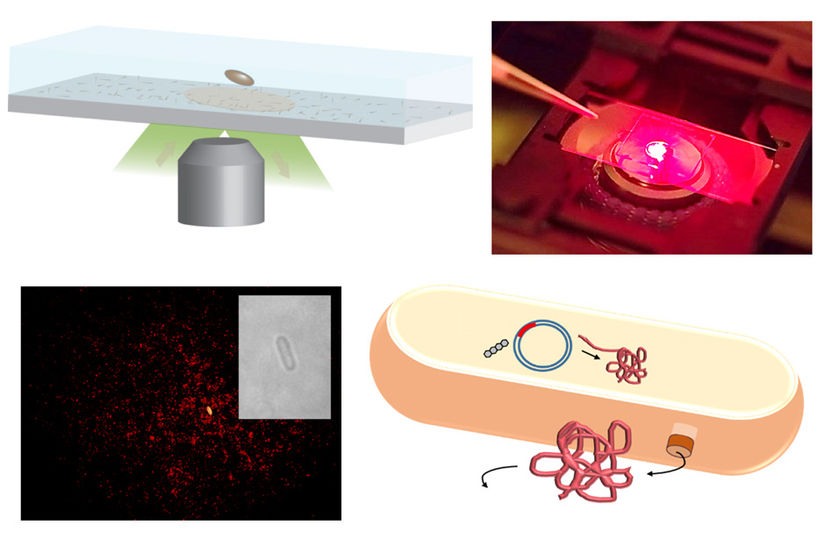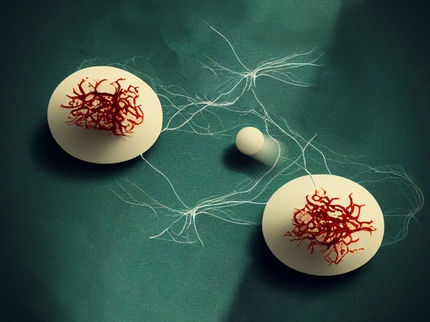No new neurons in the human olfactory bulb
Research from Karolinska Institutet shows that the human olfactory bulb differs from that of other mammals in that no new neurons are formed in this area after birth. The discovery, which is published in Neuron, is based on the age-determination of the cells using the carbon-14 method, and might explain why the human sense of smell is normally much worse than that of other animals.
“I’ve never been so astonished by a scientific discovery,” says lead investigator Jonas Frisén, Tobias Foundation Professor of stem cell research at Karolinska Institutet. “What you would normally expect is for humans to be like other animals, particularly apes, in this respect.”
It was long thought that all brain neurons were formed up to the time of birth, after which production stopped. A paradigm shift occurred when scientists found that nerve cells were being continually formed from stem cells in the mammalian brain, which changed scientific views on the plasticity of the brain and raised hopes of being able to replace neurons lost during some types of neurological disease.
In the adult mammal, new nerve cells are formed in two regions of the brain: the hippocampus and the olfactory bulb. While the former has an important part to play in memory, the latter is essential to the interpretation of smells. However, owing to the difficulty of studying the formation of new neurons in humans, the extent to which this phenomenon also occurs in the human brain has remained unclear. In this present study, researchers at Karolinska Institutet and their Austrian and French colleagues made use of the sharp rise in atmospheric carbon-14 caused by Cold War nuclear tests to find an answer to this question.
Carbon-14 is incorporated in DNA, making it possible to gauge the age of the cells by measuring how much of the isotope they contain. Doing this, the team found that the olfactory bulb neurons in their adult human subjects had carbon-14 levels that matched those at the atmosphere at the time of their birth. This is a strong indication that there is no significant generation of new neurons in this part of the brain, something that sets humans apart from all other mammals.
“Humans are less dependent on their sense of smell for their survival than many other animals, which may be related to the loss of new cell generation in the olfactory bulb, but this is just speculation,” continues Professor Frisén.
Professor Frisén and his team now plan to study the extent of neuron generation in the hippocampus, a part of the brain that is important for higher cerebral functions in humans. This present study was made possible by support from the Tobias Foundation, the Swedish Research Council, the Swedish Foundation for Strategic Research (SSF), the American Brain and Behaviour Research Foundation (NARSAD), the Swedish Brain Fund, the Knut and Alice Wallenberg Foundation, AFA Försäkring, the EU and the Stockholm County Council through its ALF agreement with Karolinska Institutet.
Original publication
Olaf Bergmann, Jakob Liebl, Samuel Bernard, Kanar Alkass, Maggie S.Y. Yeung, Peter Steier, Walter Kutschera, Lars Johnson, Mikael Landén, Henrik Druid, Kirsty L. Spalding & Jonas Frisén; "The age of olfactory bulb neurons in humans”; Neuron 2012.
Original publication
Olaf Bergmann, Jakob Liebl, Samuel Bernard, Kanar Alkass, Maggie S.Y. Yeung, Peter Steier, Walter Kutschera, Lars Johnson, Mikael Landén, Henrik Druid, Kirsty L. Spalding & Jonas Frisén; "The age of olfactory bulb neurons in humans”; Neuron 2012.
Organizations
Other news from the department science

Get the life science industry in your inbox
By submitting this form you agree that LUMITOS AG will send you the newsletter(s) selected above by email. Your data will not be passed on to third parties. Your data will be stored and processed in accordance with our data protection regulations. LUMITOS may contact you by email for the purpose of advertising or market and opinion surveys. You can revoke your consent at any time without giving reasons to LUMITOS AG, Ernst-Augustin-Str. 2, 12489 Berlin, Germany or by e-mail at revoke@lumitos.com with effect for the future. In addition, each email contains a link to unsubscribe from the corresponding newsletter.
More news from our other portals
Last viewed contents
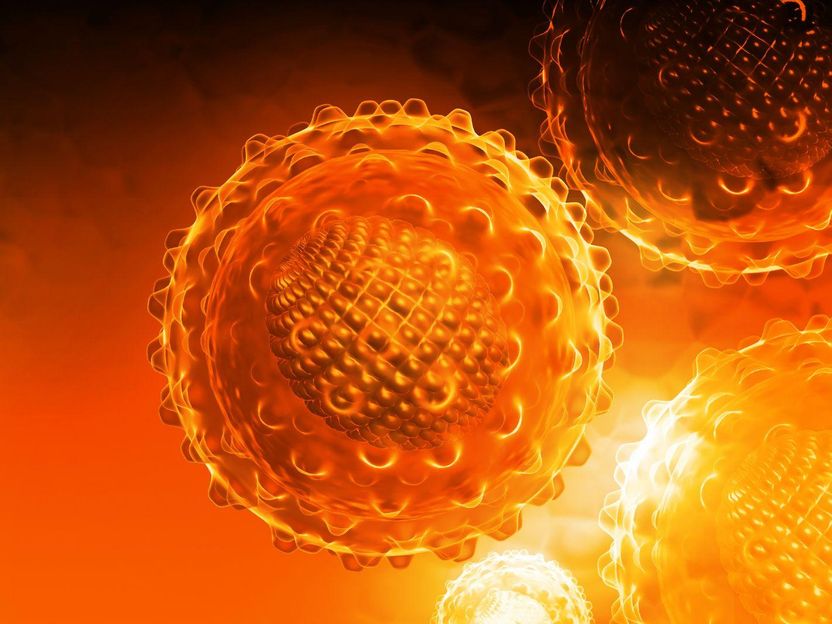
Study finds mushroom enzyme effective in combating hepatitis C - White mushroom enzyme has antiviral action against the hepatitis C virus and inhibits its multiplication
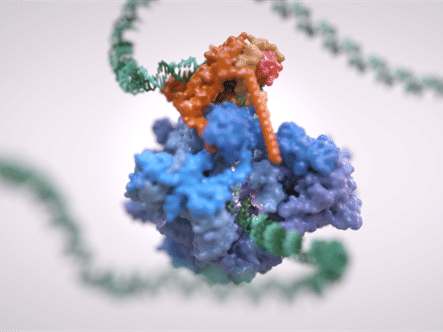
Zoom in to watch DNA code being read
Host genome controls skin microbiota and inflammation
Revotar announces promising results suggesting COPD as a potential target for selectin antagonist treatment in humans

Merck Discontinues Development of SARS-CoV-2/COVID-19 Vaccine Candidates - Company continues Development of Two Investigational Therapeutic Candidates
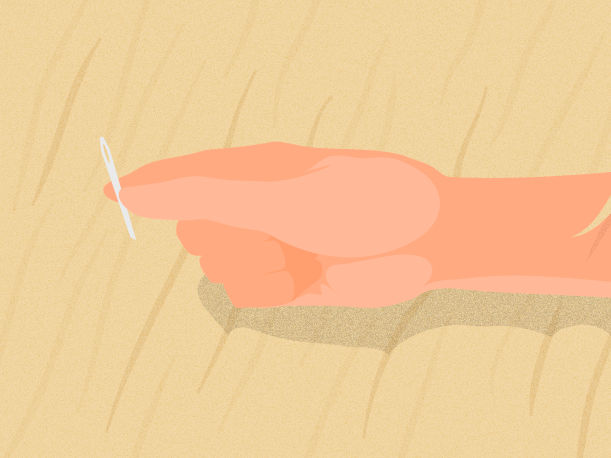
Half a needle in a haystack - New method rapidly detects trace amounts of small molecule compounds
